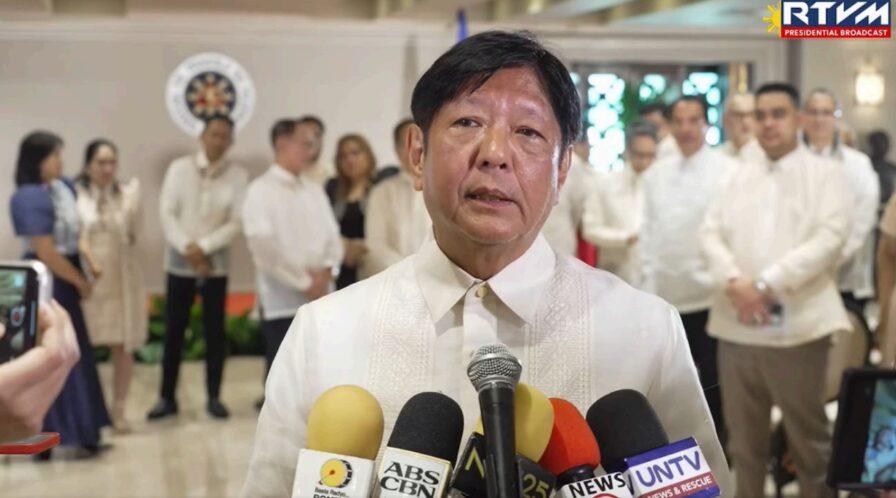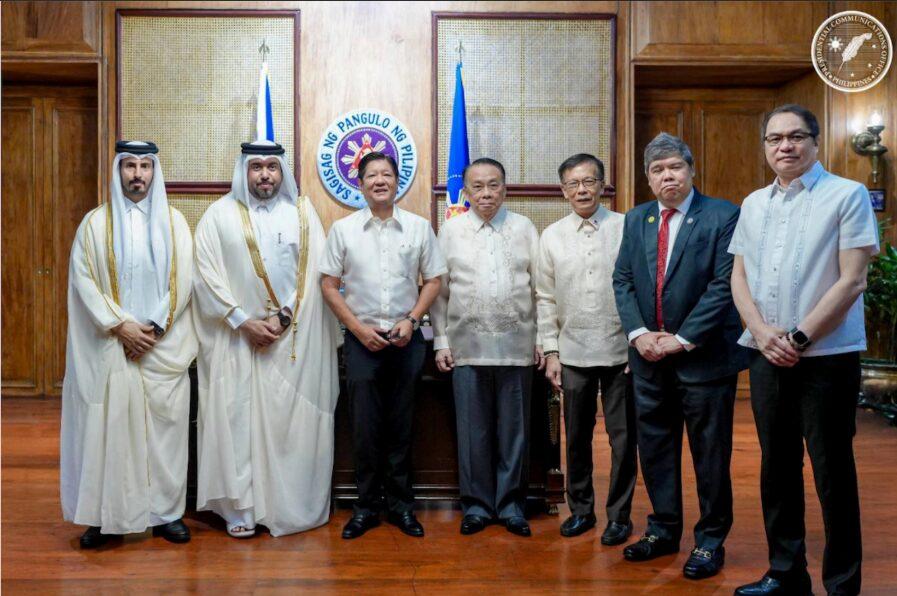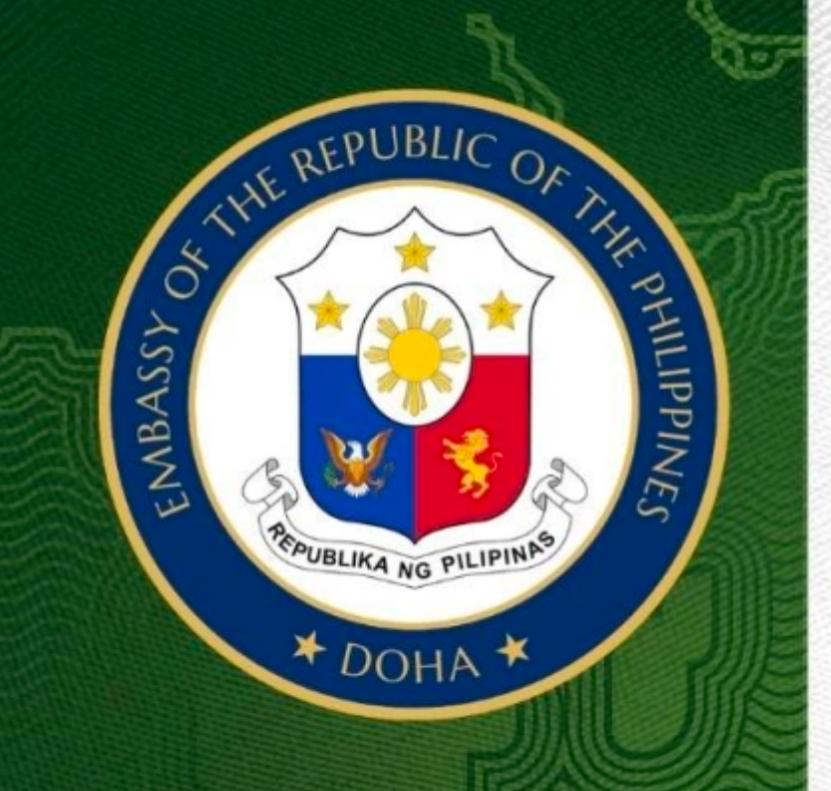AMID ongoing territorial quarrels about the South China Sea, the Aquino administration requested $300 million in military aid from the United States, according to a report by the New York Times.
However, Philippine Presidential Communications Secretary Herminio Coloma, Jr. repudiated the report, citing a lack of explicit information on the claim.
“Wala tayong tuwirang information tungkol diyan at kailangan muna nating alamin kung ano ang isinasaad ng ulat na ‘yan at berepikahin kung merong batayan (We don’t have any direct information about that matter and we first need to know what the report said and verify if there is proof),” Coloma said in a press briefing, according to Philstar.
The Sept. 19 report by the Times stated that the Philippines’ request was rejected on the grounds of potential corruption and worries about the country’s ability to handle such an incoming of resources.
A Philippine official who spoke to the Times on the condition of anonymity said the Aquino administration requested for the aid this year because “it needs a substantial buildup of planes and ships to deter Chinese expansionism.”
Philippine lawmakers in 1991 voted to expel American troops from the country to break free from the “shackles of dictatorship.” But with continuing disputes in the South China Sea, the Philippines is considering whether or not to invite the US Navy back to Subic Bay, according to the Times, a naval base that was involved in nearly each American conflict in the 20th century.
Last year, the Philippine government signed a 10-year agreement that would allow America to station weapons, troops and military equipment at bases throughout the country, which would prepare for the return of America to some facilities, such as Subic Bay and Clark Air Base, the Times reported.
However, the arrangement faces legal challenges and mixed feelings from Filipinos, who largely perceive the United States in a positive light but are unsure about American troops being stationed in the Philippines. Furthermore, there are worries about how China could respond to American aid.
“When the elephants brawl, ants should be spared,” said Rene Augusto Saguisag, among a group of former senators who voted to dismiss American troops in 1991, according to the Times. Saguisag has also petitioned the Philippines Supreme Court to block the military agreement. “The U.S. and China should leave us alone and not involve us in the quarrels of the strong.”
Secretary Coloma dismissed the claim in the Times’ report, based on the fact that US military bases are not permitted to operate in the Philippines.
“Labag sa Konstitusyon ‘yung pagkakaroon ng mga foreign military troops. At kahit kailanman ay hindi gumagawa ng labag sa Konstitusyon o batas ang ating pamahalaan. Kaya walang batayan at walang katotohanan ang paratang na iyan (It’s against the [Philippine] Constitution to have foreign military troops. And our government has never committed any violations against the Constitution or the laws of our government. There is no proof and there is no truth to that accusation),” Coloma said, according to Philstar.
In the disputed territory that China has pushed to established as its own, Malaysia, Brunei, Taiwan, Thailand and Vietnam are among other countries claiming certain parts of it. However, China’s efforts have affected the Philippines the most.
“The fight hasn’t even started yet, and it looks like the Philippines government has already surrendered,” Renato Etac, 35, a fishing boat captain who says Chinese vessels in the area routinely chase and attempt to ram his ship, told the Times. “I can’t even count the Chinese ships I see, there are so many.”
If the pact between the US and Philippines pulls through, America would be able to position itself less than 500 miles away from the new islands built by China.
“The issue of the West Philippines Sea is a shared responsibility of the Philippines and the United States,” said Fernando Manalo, a Philippine defense official, according to the Times.
However, US Sen. Dan Sullivan (R-Alaska), told the publication it would take time for the two countries to re-establish a trust.
“If you look what happened in Subic Bay, that was a pretty abrupt turnaround by the Philippines. I think memory probably lingers both in the Philippines and the United States,” Sullivan said.





